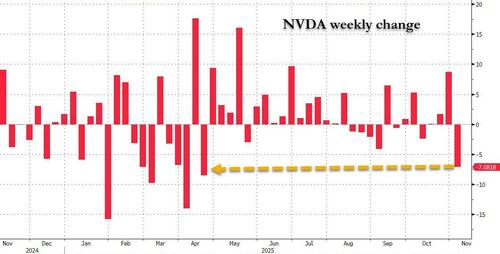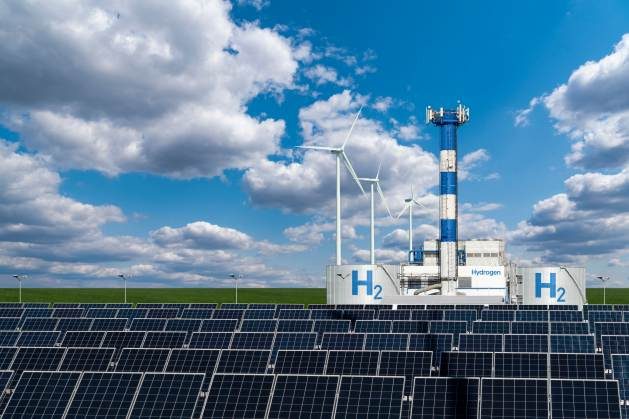The Global South is a vague term – it is supposed to capture a diverse group of 130-odd countries, encapsulating two-thirds of the world’s population, and covers Africa, the Middle East, Asia, the Pacific Islands, Latin America, and the Caribbean.

But it seems to possess extraordinary political and diplomatic purchases for both India and China. Both are increasingly positioning themselves as leaders of the Global South. What utility such leadership implies for each, however, reveals differences. Delhi appears to view the Global South through the lens of shared interests and hopes to function as a bridge between the Global North and Global South. Meanwhile, Beijing’s outreach to the Global South is driven by an agenda to tilt the scales in its favour in terms of its strategic competition with the United States (US).
Speaking at the Forum for India-Pacific Islands Cooperation (FPIC) in May 2023, the Prime Minister (PM) of Papua New Guinea described Indian PM Narendra Modi as “the leader of the Global South”, urged India to be an “advocate” for the country, and said that the Pacific Islands nations would rally behind India’s leadership at global forums.
Modi has described the central tenets of India’s global and regional initiatives in terms of providing the developing world greater access to development-linked public goods, like energy and infrastructure. The International Solar Alliance has roots in India’s initiative for greater solar energy access as being part of the need for international leadership on a “south-to-south” basis.
As G20 president this year, one of India’s goals has been to “amplify the voice of the Global South”. At the G20 Energy Ministerial meeting, Modi emphasised the importance of advancing a “just”, “affordable”, and “inclusive” clean energy transition for developing countries. In his address at the inaugural “Voice of the Global South Summit”, he also described the voice of the Global South as India’s own voice.
But India’s deepening ties with the West have meant that its association – and championing – of the Global South has increasingly been defined in those terms. For instance, Modi said India would act as a “bridge” between the Global South, and the western world and multilateral institutions dominated by the West. Another example is India seeking full, permanent membership of the African Union to the G20.
China’s diplomatic and political messaging has similarly included the Global South. In fact, this messaging has grown louder as Beijing’s competition with Washington has grown sharper. This was evident in China’s diplomacy following the Russian invasion of Ukraine, as it was during the pandemic, and the recent BRICS Summit in South Africa.
Consider the recent meeting between Chinese President Xi Jinping and South African President Cyril Ramaphosa. Xi’s proposals to Ramaphosa as items of cooperation between China and South Africa included the latter’s support for the implementation of Chinese initiatives, namely, the Global Development Initiative (GDI), the Global Security Initiative (GSI), and the Global Civilization Initiative (GCI). Another was “[increasing] the representation and voice of the Global South countries in global governance”. These initiatives centre around engagement with the concept of building a “community with a shared future for mankind”, which is an alternative vision of the world order that Beijing is articulating.
China’s Belt and Road Initiative (BRI) has also been presented as a gift to the Global South. In the hierarchy of global power, China identifies itself as a major power. At the same time, as competition with the US has worsened, Beijing has reverted to emphasising its status as the world’s largest developing country. This is a cynical attempt at demonstrating proximity to the Global South to balance against American pressure. For instance, in dealing with the developing world, Chinese discourse tends to stress the need for countries to pursue independent policies, reject “all forms of hegemony, power politics”, “the western narrative of a rules-based international order”, and “bloc mentality”, while emphasising the shared history of colonisation. Through this process, Beijing has also sought to pitch itself as the leader of the Global South. China presents itself as a leader seeking greater representation for the developing world in existing multilateral institutions and is shaping what it says is a new form of multilateralism.
How India and China see the political utility of the idea of the Global South has implications for the future of institutions like BRICS. The grouping has styled itself as a forum where the Global South can raise issues of common concern, from economic development to the current multilateral system. Recently, the grouping announced that six new countries would join it beginning in 2024; BRICS countries, however, had clashed over the terms of the expansion in the run-up to the announcement. BRICS’ future is interwoven with India and China’s political aspirations, including those with respect to the Global South.
While both India and China talk about multilateralism, multipolarity and enhancing the representation of countries from the Global South in global governance, India is seeking to act as a bridge while Beijing is fundamentally being driven by what it decries – the Cold War mentality. It is important for countries in the Global South and for those in the geopolitical West to identify and understand these differences in Indian and Chinese approaches. For Global South countries, doing so helps them assess the risks and opportunities that these differing approaches present. For the West, it is crucial to appreciate this difference so as not to fall into the narrative trap of clubbing India and China in the same basket. It also allows the West to perhaps work with India to address the legitimate grievances, concerns and interests of countries in the Global South rather than further alienating them.
Bharat Sharma is research analyst, Indo-Pacific Studies programme and Manoj Kewalramani is fellow, China Studies, The Takshashila Institution. The views expressed are personal















